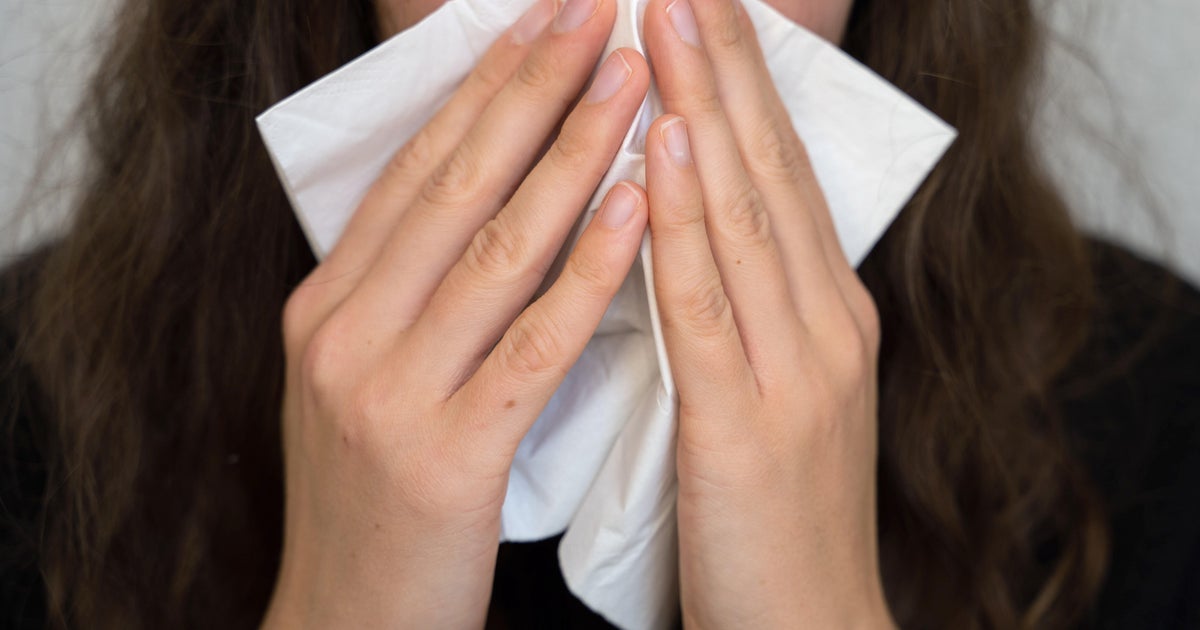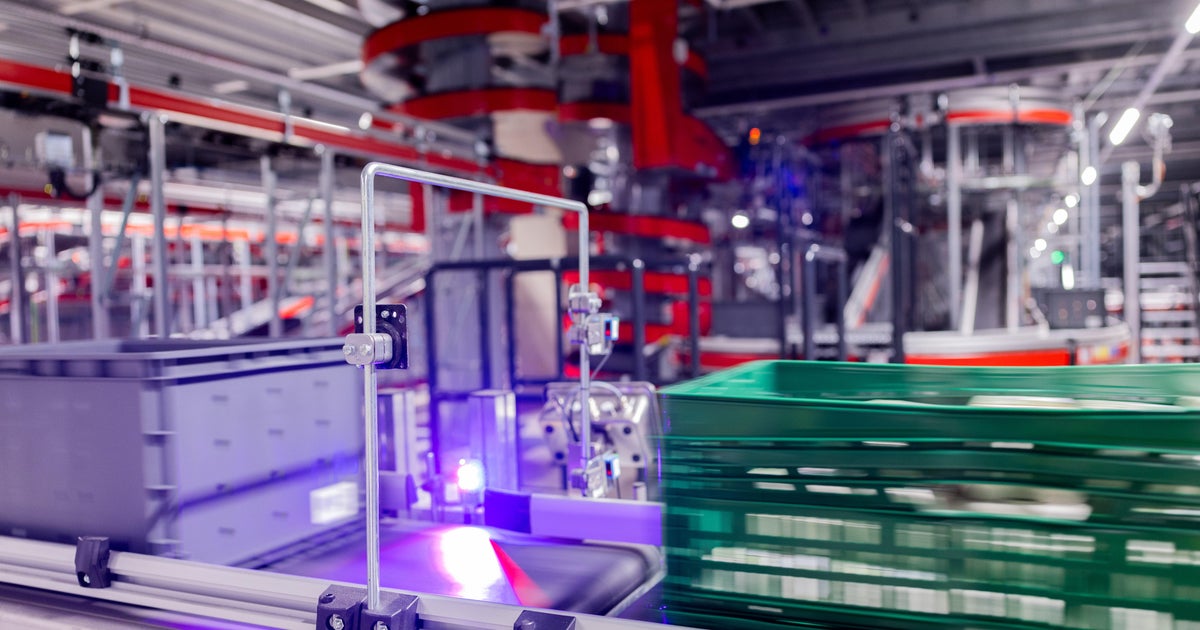Twitter tells all of its employees to work at home because of coronavirus
Twitter is asking its entire workforce of 5,000 people to work from home, part of its effort to keep employees safe and prevent the spread of the coronavirus. The company said working from home was mandatory for its workers in Hong Kong, Japan and South Korea, where there are higher rates of the COVID-19 disease.
"We are working to make sure internal meetings all hands, and other important tasks are optimized for remote participation," human resources executive Jennifer Christie wrote in a blog post. "We recognize that working from home is not ideal for some job functions. For those employees who prefer or need to come into the offices, they will remain open for business."
The decision comes after Twitter halted nonessential business travel for its employees and pulled out of the South by Southwest conference. Other companies such as Google and Amazon have halted nonessential employee travel because of the outbreak, but Twitter's decision to ask employees to work from home goes beyond the precautions undertaken so far in the U.S.
COVID-19 has killed six people in the U.S., four from one nursing home near Seattle and two others in the same county. The cluster of deaths at the nursing facility in Washington state's King County highlights the serious threat the disease poses to older people and those with underlying health issues. There were just over 100 cases in 15 states as of Tuesday morning, with New Hampshire and Georgia being the most recent to join the battle against the virus.
Globally, roughly 3,100 people have died due to the disease, with more than 90,000 infected.
"Our goal is to lower the probability of the spread of the COVID-19 coronavirus for us — and the world around us," Christie wrote. "We are operating out of an abundance of caution and the utmost dedication to keeping our Tweeps healthy."
She added that the company is relying on more "deep cleaning and sanitizing in all spaces, as well as more visual reminders for personal hygiene best practices and pre-packaged, pre-composed, and pre-plated food options."



